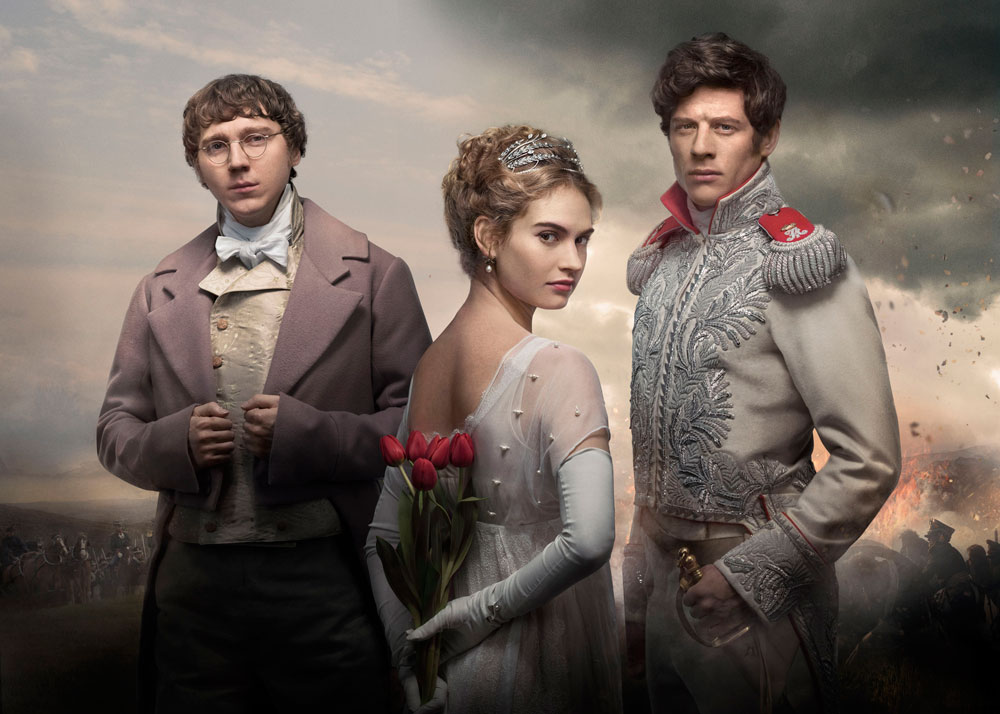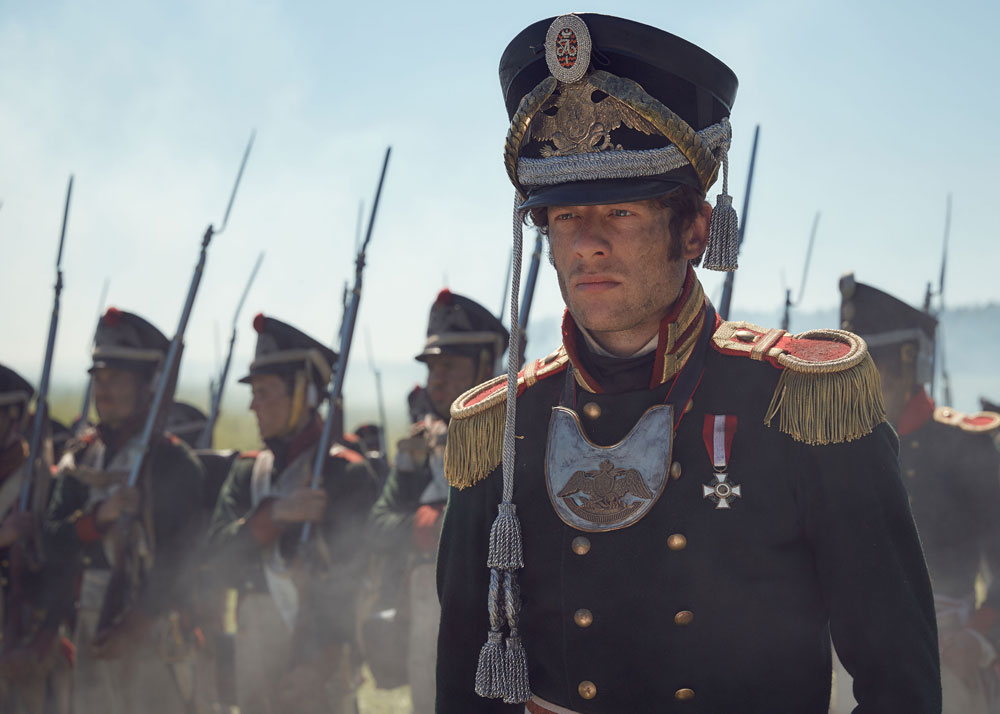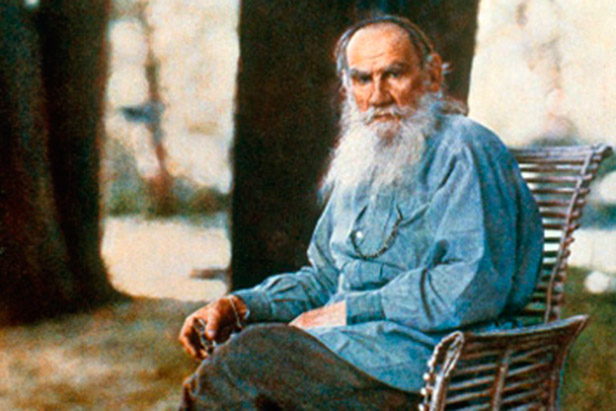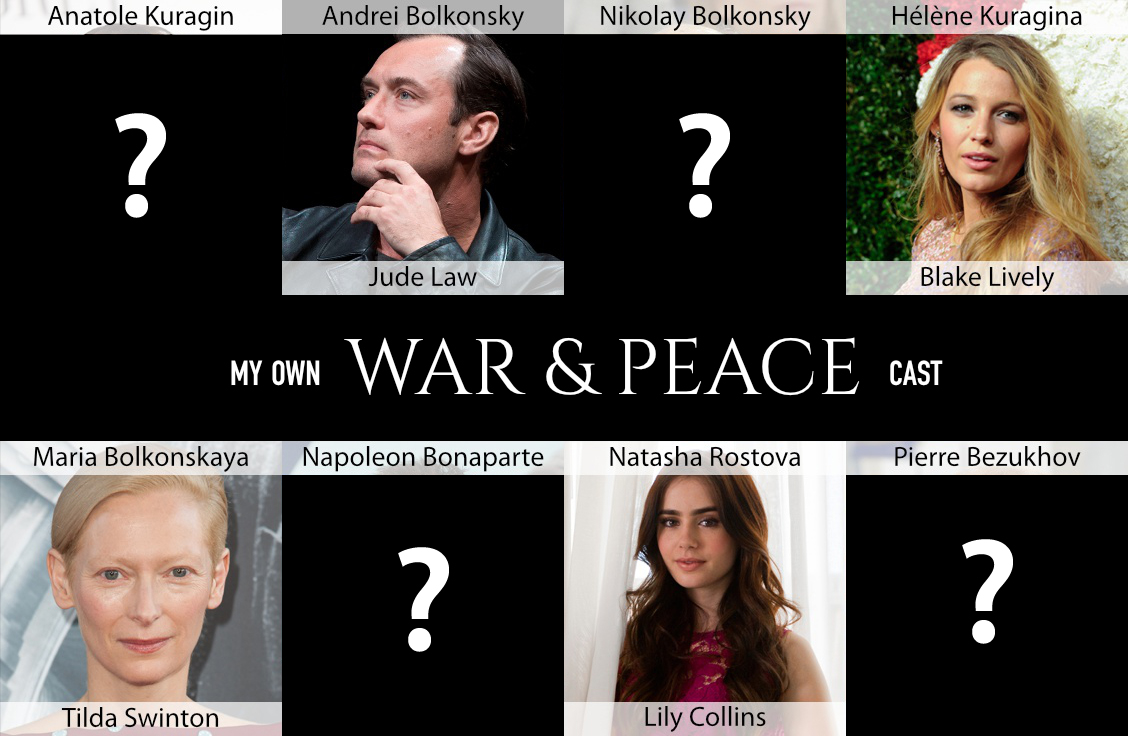Russia’s Channel One to show BBC version of Tolstoy’s ‘War & Peace’

L-R: Pierre Bezukhov, Natasha Rostova, Andrei Bolkonsky.
Laurie Sparham/BBCFrom May 10, Russia's Channel One is to show the recent BBC adaptation of Leo Tolstoy’s epic novel War & Peace, starring Paul Dano, Lily James, James Norton and Gillian Anderson.
Interest in the British series among Russians is very high. Many people have already managed to watch the BBC series and exchange their first impressions of it.
War & Peace has been filmed several times before. The first three silent movies based upon the novel appeared in Russia in 1913. In 1956, an American film with Audrey Hepburn in the role of Natasha Rostova was released. However, the best-known version in Russia itself is undoubtedly Sergei Bondarchuk’s movie of 1965.
This is not the first time the BBC has made an adaptation of Tolstoy’s classic: In 1972 it filmed a 20-part TV series, in which Anthony Hopkins played the role of Pierre Bezukhov.
Scriptwriter Andrew Davis created a six-part adaptation of War & Peace for the new British TV series, which covers the period from 1805 to 1812, culminating in Napoleon’s invasion of Russia and the abandonment of Moscow.
 James Norton as Andrei Bolkonsky. Source: Laurie Sparham/BBC
James Norton as Andrei Bolkonsky. Source: Laurie Sparham/BBC
Work on the adaptation took two and a half years, making it the most expensive BBC production to date. A total of 180 people worked just on the military uniforms, while around 30 tons of snow was used for the preparation of three winter scenes.
According to the dubbing director Olga Gasparova, when writing dialogue for the series the aim was to be as true to Tolstoy’s novel as possible: “We tried to strike a happy medium between the contemporary language of the new adaptation and the novel’s text,” she said.
This is an abridged version of the article first published in Russian by Rossiyskaya Gazeta.
All rights reserved by Rossiyskaya Gazeta.
Subscribe
to our newsletter!
Get the week's best stories straight to your inbox

